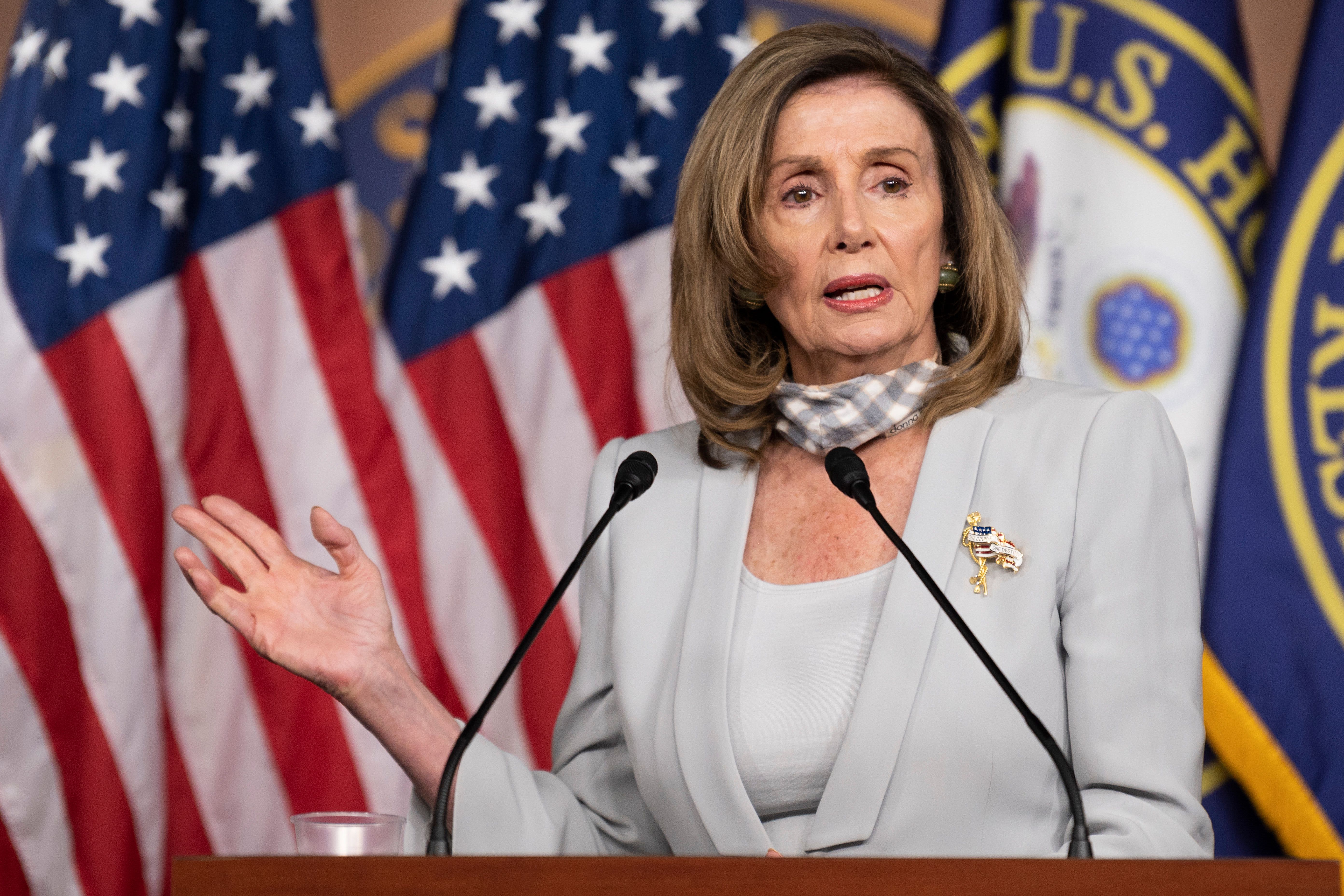
The U.S. House of Representatives won’t be rolling out the payroll tax deferral to its employees.
Sept. 1 was the first day of President Donald Trump’s order deferring the 6.2% employees pay toward Social Security. The so-called holiday, which applies to workers whose biweekly pay is below $ 4,000, is in effect until the end of the year.
The tax delay is only a deferral and not forgiveness. Congress would need to pass legislation in order to forgive the taxes.
Though private employers are expected to shy away from adopting the deferral due to its complexity, the federal government will be extending it to its employees, including military service members.
Employees of the House, however, won’t be deferring their 6.2% share of Social Security taxes, according to an email to staffers from Philip Kiko, Chief Administrative Officer of the House.
The chief administrative officer handles a range of functions for House employees, including payroll administration and benefits.
“After reviewing the guidance and considering the unique structure of the House, the Office of the Chief Administrative Officer, with the concurrence of the Committee on House Administration, has determined that implementing the deferral would not be in the best interests of the House or our employees,” Kiko wrote.
“As a result, we will not implement the payroll tax deferral.”
Avoiding a surprise
Employers affected by the payroll tax deferral have the burden of withholding and remitting those delayed taxes to the IRS next year.
The taxes will be withheld from workers’ paychecks ratably — or proportionally over time — from Jan. 1 through April 30, 2021.
For employees who participate, they’ll see a 6.2% boost to pay this fall, but their pay will dip early next year as their employers recoup the deferred taxes from their compensation.
This is among the reasons that employers might be chilly toward putting the payroll tax suspension into effect.
More from Personal Finance:
How many weeks of extra $ 300 unemployment benefits are coming?
Second $ 1,200 stimulus checks could be a longshot
The CDC banned evictions, but some renters are still vulnerable
Though employers could opt into deferral, whether employees can opt out is ultimately up to the company they work for.
Military service members, for example, won’t be able to drop out of the deferral if their wages meet the appropriate threshold, according to the Defense Finance and Accounting Service’s website. This entity provides payroll services for the Department of Defense.
The House decision to skip the deferral arrives on the heels of a push among lawmakers to allow federal employees to opt out of the tax holiday.
“While some federal employees may want to defer their payroll tax payments, unions representing federal workers have made clear that many others do not,” wrote Sen. Chris Van Hollen, D-Md., in a Sept. 8 letter to Treasury Secretary Steven Mnuchin and Office of Management and Budget director Russell Vought.





